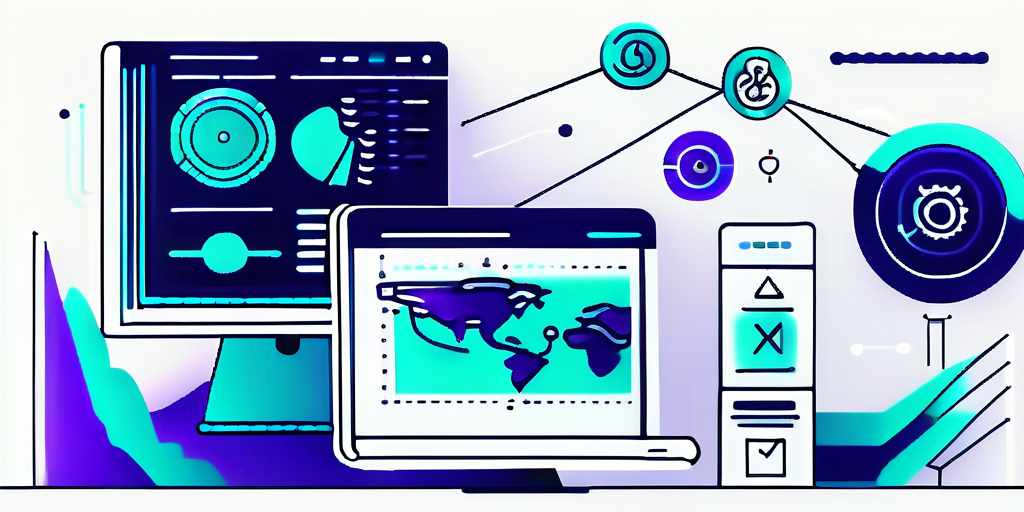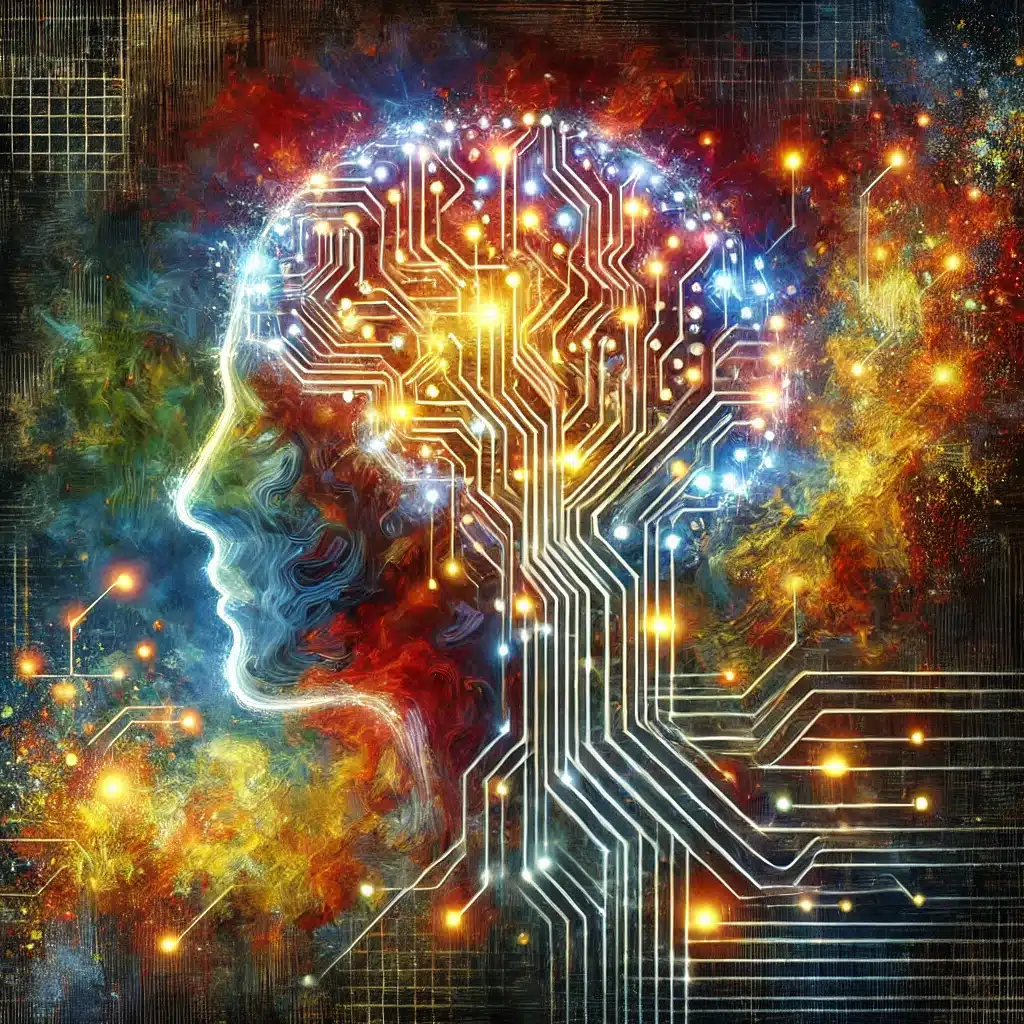Imagine unlocking the power of data science without ever having to write a single line of code. Sounds like a dream, right? Well, it’s not just a dream anymore. Welcome to the world of no-code data science, a revolutionary approach that’s democratizing data analysis and making it accessible to everyone, regardless of their technical expertise.
The Essence of No-Code Data Science
At its core, no-code data science is about simplifying the complex. It’s about breaking down the barriers that have traditionally kept the uninitiated at bay. But what exactly does it entail?

Definition and Scope
No-code data science refers to the use of platforms and tools that allow users to perform data analysis, build models, and deploy solutions without having to write code. These platforms provide graphical user interfaces (GUIs) where users can drag and drop elements to process data, visualize results, and even use machine learning algorithms.
The scope of no-code data science is vast, covering everything from data preparation and cleaning to predictive analytics and model deployment. It’s a game-changer for businesses and individuals alike, enabling faster decision-making and innovation without the need for extensive programming knowledge.
Who Stands to Benefit?
Business analysts, marketers, and even curious individuals who have always been intimidated by the prospect of coding can now step into the data science arena. No-code platforms are particularly beneficial for small to medium-sized enterprises (SMEs) that may not have the resources to hire a team of data scientists.
Education and non-profit sectors also stand to gain significantly. These platforms can facilitate research, enable data-driven decision-making, and foster a culture of inquiry and analysis without the steep learning curve of programming languages.
Breaking Down the Components
Understanding the components that make up no-code data science platforms can give us better insight into their capabilities and how they’re transforming the landscape.
Data Preparation and Cleaning
Data rarely comes in a neat package ready for analysis. No-code platforms offer intuitive tools for importing, cleaning, and organizing data. Users can filter out irrelevant information, handle missing values, and even merge datasets with just a few clicks.
This ease of data manipulation opens up more opportunities for accurate and meaningful analysis, ensuring that decisions are based on solid, clean data.
Model Building and Machine Learning
Perhaps the most exciting aspect of no-code data science is the ability to build and deploy machine learning models without understanding the underlying algorithms. Users can select from a variety of pre-built models for classification, regression, or clustering tasks and customize them to suit their specific needs.
This democratization of machine learning is not just about convenience; it’s about empowering more people to leverage predictive analytics in their work, leading to innovative solutions and insights.
Visualization and Reporting
A picture is worth a thousand words, especially when it comes to data. No-code platforms excel in transforming complex datasets into interactive charts, graphs, and dashboards. This not only aids in understanding the data but also in communicating findings to stakeholders in a clear and compelling manner.
With these tools, users can highlight trends, identify outliers, and even predict future patterns, all without having to delve into the intricacies of data visualization libraries.
The Future is Bright
The rise of no-code data science is a testament to the ever-evolving landscape of technology and its role in democratizing knowledge and skills. But what does the future hold?
Challenges and Considerations
While no-code data science offers numerous advantages, it’s not without its challenges. Data security, privacy, and the potential for misuse of powerful machine learning tools are concerns that need to be addressed. Moreover, there’s the risk of oversimplification, where users might rely too heavily on pre-built models without understanding the assumptions and limitations behind them.
Continued Evolution and Adoption
Despite these challenges, the trajectory of no-code data science is undeniably upward. As these platforms become more sophisticated and user-friendly, we can expect wider adoption across industries. This, in turn, will drive innovation, foster a culture of data literacy, and potentially transform how we approach problem-solving and decision-making.
In conclusion, no-code data science is not just a trend; it’s a paradigm shift. It’s about making the power of data analysis and machine learning accessible to all, opening up a world of possibilities for innovation and insight. So, whether you’re a business professional, a researcher, or just someone with a curious mind, the world of no-code data science awaits.
Ready to harness the transformative power of no-code data science for your business? Discover how Graphite Note can elevate your data analysis and predictive capabilities without the need for AI expertise. Experience firsthand how our platform can turn complex data into clear, actionable insights with just a few clicks. Whether you’re looking to predict business outcomes, streamline operations, or empower your marketing and sales teams, Graphite Note is your partner in decision science. Request a Demo today and join the ranks of growth-focused teams who are already making smarter, data-driven decisions.




